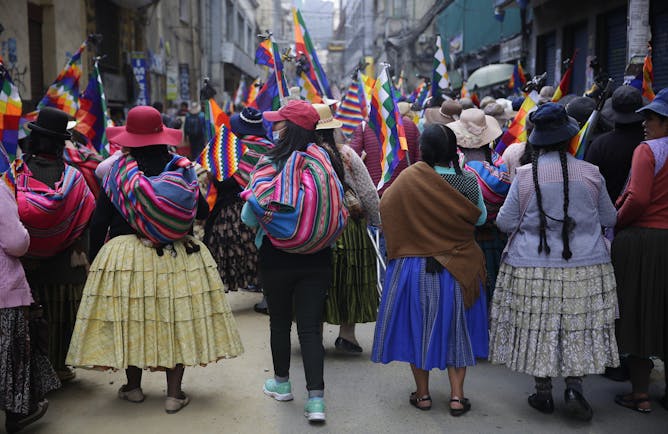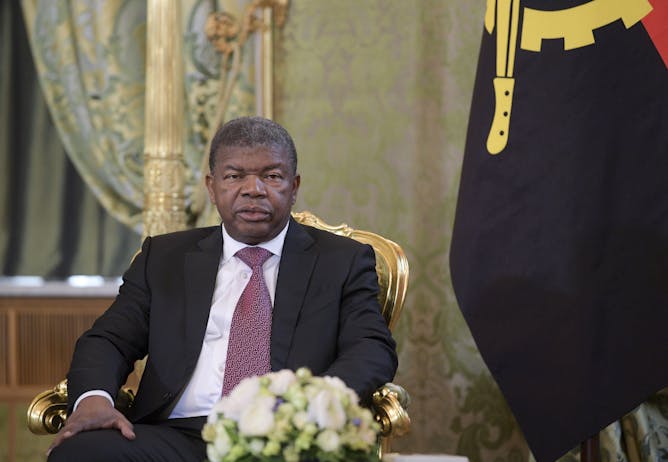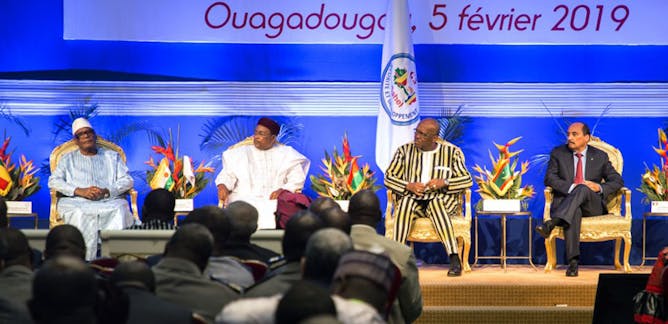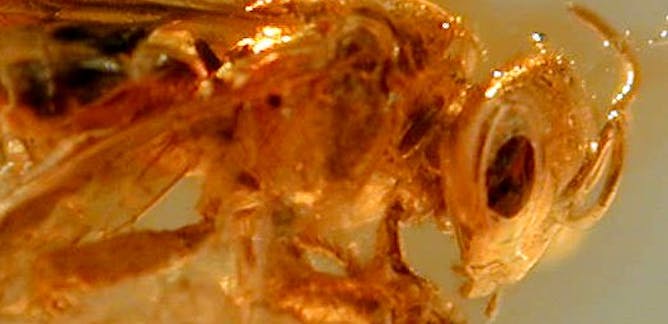|
Violence has continued in Bolivia in the weeks since the exit of Evo Morales as president. But why has the country become so polarised? Lorenza Fontana explains that the strengthening of socio-economic, cultural and environmental rights during Bolivia’s ‘plurinational revolution’ came at the expense of other rights – namely political rights and civil liberties. It is this complex legacy that Bolivia now has to address.
It’s just over two years since Angolans saw the back of President José Eduardo dos Santos’ despotic 38-year rule, characterised by wasteful spending, inefficiency, politically connected monopolies and large-scale embezzlement. The new president, João Lourenço, surprised many by appearing to take the fight to the patronage networks that had formed around Dos Santos and his family. But, as Jon Schubert writes, the initial euphoria that followed Lourenço’s victory has dissipated. And Angolans feel let down.
|

Rodrigo Sura/EPA
Lorenza Fontana, Newcastle University
Many thought Bolivia had changed for good under Evo Morales – but perhaps that thinking was premature.
|

Angolan President João Lourenço.
EFE-EPAAlexei Druzhinin/Sputnik
Jon Schubert, Brunel University London
The euphoria that accompanied João Lourenço's new presidency has ebbed away amid the stark realities of a profoundly dysfunctional political economy.
|
Health + Medicine
|

Sabiha Essack, University of KwaZulu-Natal
It's imperative that there's research into the nature, extent, mobility and consequences of antibiotic resistance.
| |

Elmi Muller, University of Cape Town
New research supports kidney transplants from HIV-positive donors to recipients with HIV.
|
|
|
Politics + Society
|

Usman Hamid, Indonesia Jentera School of Law
The increasing number of cases involving the abuse of the Information Law has contributed to the decline of freedom indices from Susilo Bambang Yudhoyono's to Joko Widodo's time.
| |

Bakary Sambe, Université Gaston Berger
Local communities only see "crime" and "banditry" when it comes to religious-based Jihadism.
|
|
|
Business + Economy
|

Vivian Hoffmann, The International Food Policy Research Institute (IFPRI)
Most of the maize consumed in Kenya is never even tested for aflatoxin.
| |

Roshelle Ramfol, University of South Africa
South Africans have become more restive about paying taxes to a government mired in allegations of corruption.
|
|
|
Science + Technology
|

Fred Dyer, Michigan State University
How do we know that bees were around when dinosaurs still roamed the Earth? The main evidence comes from fossils – the mineralized remains of long-dead organisms.
| |

David Rothery, The Open University
Saturn's largest moon has been fully mapped for the first time.
|
|
|